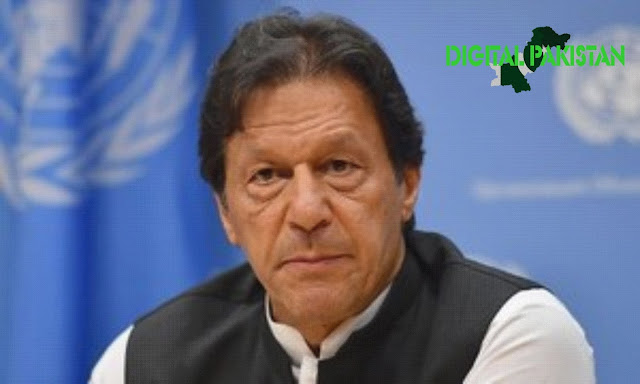WITH crises-battered 2019 behind it, Pakistan enters 2020 with cautious hope, as an optimistic prime minister promises economic stability and jobs in the new year — a view hardly shared by an opposition reeling from the cases against its leaders, including a former president and prime minister.
Crises hit the nation with rapidity, engulfing every segment of state and society as inflation worsened, political polarisation sharpened and judicial pronouncements made waves.
Yet what has baffled even the most ardent of the PTI chief’s admirers is his inability to shed the ‘container syndrome’. He will need to; besides the economy, the biggest challenge before Prime Minister Imran Khan now is the uphill task of reviving the people’s faith in his commitment to democracy and proving by deeds that he can carry the opposition along in the task of nation-building without compromising his promise of accountability.
The aim he has set for himself and his government — to turn Pakistan into a welfare state — is laudable.
Sceptics likely to dismiss it as a political mantra devoid of the substance may revise their opinion if he and the plethora of his ministers and advisers genuinely pursue this idea in a manner that is democratic and evokes cooperation, not only from lawmakers but from government machinery that is demoralized and lives in fear.
The prime minister can disarm his critics if he makes up his mind to uphold the supremacy of parliament, in part by attending the house during the question hour as he had earlier promised.
Negligence of this kind leads to the unfortunate scenario where the Senate, which hasn’t had a session in four months, stands virtually dysfunctional.
If democracy is to flourish and civilian supremacy to reign, the leader of the house must not lend the impression that he does not care about parliament.
Vital legislative work awaits the prime minister, as the country cannot afford indefinite political gridlock or be governed by presidential decree alone. For this, he must make his political rivals discard the persecution complex.
All these tasks — and the dreams for Pakistan’s future he has often spoken of — require a robust parliament and the opposition’s willing cooperation if the prime minister is to succeed in recasting his government’s image as that of one-armed to the teeth with democratic and legislative tools to plunge into the task of creating the Naya Pakistan he aspires to.
It is also through parliamentary supremacy that the civilian leadership can deftly deal with external affairs so that foreign governments know who to negotiate with, at a time when Pakistan faces serious challenges to its security on its eastern and western borders.
At the start of this new year, let us all, and not just the government, embrace the coming decade with an open mind.





0 Comments